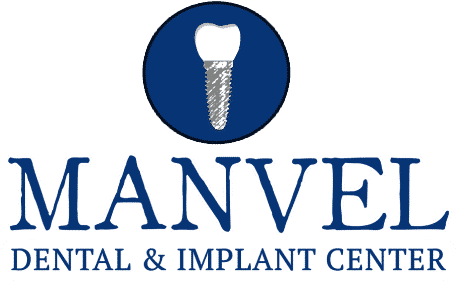If you’re like most people, you probably dread going to the dentist for a cleaning. But what if we told you that there are some things you can do to make your dental cleaning last longer?
In this blog post, we’ll give you some tips on dental cleaning – and hopefully it longer lasting.
First, let’s start with the basics, Brush your teeth twice a day and floss daily. This may seem like obvious advice, but it’s important to keep up with your oral hygiene routine in between dental visits. By brushing and flossing regularly, you can remove plaque and bacteria that can cause cavities and other problems.
In addition to brushing and flossing, there are a few other things you can do to make your dental cleaning last longer. For example, try using an electric toothbrush – they’re more effective at removing plaque than manual toothbrushes. You should also avoid sugary drinks and foods as much as possible – sugar is one of the main culprits behind cavities. And finally, be sure to visit your dentist for regular checkups and cleanings – they’ll be able to spot any problems before they become serious.
By following these tips, you can make your next dental cleaning less painful – and hopefully extend the interval between visits. So don’t put it off any longer – call your dentist today!
Dental decay
When it comes to dental decay, there are a few main culprits: plaque, tartar, and bacteria. Plaque is a sticky film that forms on your teeth, and it’s made up of food particles, saliva, and bacteria. When plaque isn’t removed, it can harden into tartar. Tartar is much harder to remove than plaque and can only be removed by a professional cleaning. Bacteria are living organisms that are present in your mouth at all times. While some bacteria are harmless, others can produce acids that eat away at tooth enamel.
Brush your teeth properly
It is important to brush your teeth properly in order to remove plaque and bacteria that can cause tooth decay and gum disease. There are a few simple steps you can follow to make sure you are brushing your teeth correctly:

Use a soft-bristled toothbrush and toothpaste that contains fluoride.
Hold the toothbrush against your teeth and use gentle circular motions.
Be sure to brush on the inside surfaces of your teeth as well as the outside.
Spit out the toothpaste after brushing. Rinse your mouth with water if desired.
By following these steps, you can help keep your teeth healthy and prevent cavities or other problems.
Floss your teeth must
It’s important to floss your teeth every day to remove plaque and bacteria that can cause cavities and gum disease. Here’s how to do it:
1. Use about 18 inches of dental floss. Wrap most of the floss around your middle finger, and hold the rest with your index finger.
2. Gently insert the floss between your teeth. Use a back-and-forth motion to rub the floss against the sides of your teeth. Be careful not to snap the floss into your gums.
3. Curve the floss around the base of each tooth, making sure to go below the gum line. Use a gentle up-and-down motion to clean the tooth surface.
4. Repeat this process for all of your teeth. When you’re finished, throw away the used floss and rinse your mouth with water.
The importance of regular dental cleanings
Most people know that they should see their dentist for a cleaning and checkup at least twice a year. However, many people don’t realize the importance of regular dental cleanings. Here are four reasons why you should make sure to schedule a dental cleaning every six months:
1. Plaque build-up can lead to gum disease. Plaque is a sticky film of bacteria that forms on your teeth. If it’s not removed, it can harden into tartar, which irritates your gums and can cause gum disease. Regular cleanings remove plaque before it has a chance to turn into tartar.
2. Gum disease can lead to tooth loss. Gum disease is an infection of the gums that can damage the bones supporting your teeth. If it’s not treated, it can eventually lead to tooth loss. Regular dental cleanings can help prevent or treat gum disease.
3. Tooth decay can lead to cavities. Cavities are holes in your teeth caused by tooth decay. They can be painful and expensive to treat. Regular dental cleanings help remove plaque and tartar before they have a chance to damage your teeth and cause cavities.
4. Dental cleanings give you a chance to talk to your dentist about any concerns you have about your oral health. You might not realize there’s an issue with your teeth or gums until you talk to a professional during a cleaning appointment. This is why it’s important to schedule regular
Tips for making your dental cleaning last longer
1. Brush your teeth at least twice a day with a soft-bristled toothbrush.
2. Use fluoride toothpaste to help prevent cavities and keep your teeth strong.
3. Floss daily to remove plaque and food debris from between your teeth.
4. Avoid sugary and acidic foods and drinks, which can damage your teeth.
5. Visit your dentist regularly for professional cleanings and checkups.
Conclusion
Keeping your teeth healthy and clean for a lifetime is an achievable goal if you follow these steps. From brushing twice a day to regular dental visits, there are various ways to keep your smile sparkling. Additionally, diet plays a key role in helping to promote oral health. Eating the right foods will minimize plaque buildup and reduce the need for more frequent dental cleansings. With some dedication and commitment, you can easily maintain good oral hygiene habits that will last for many years to come.


